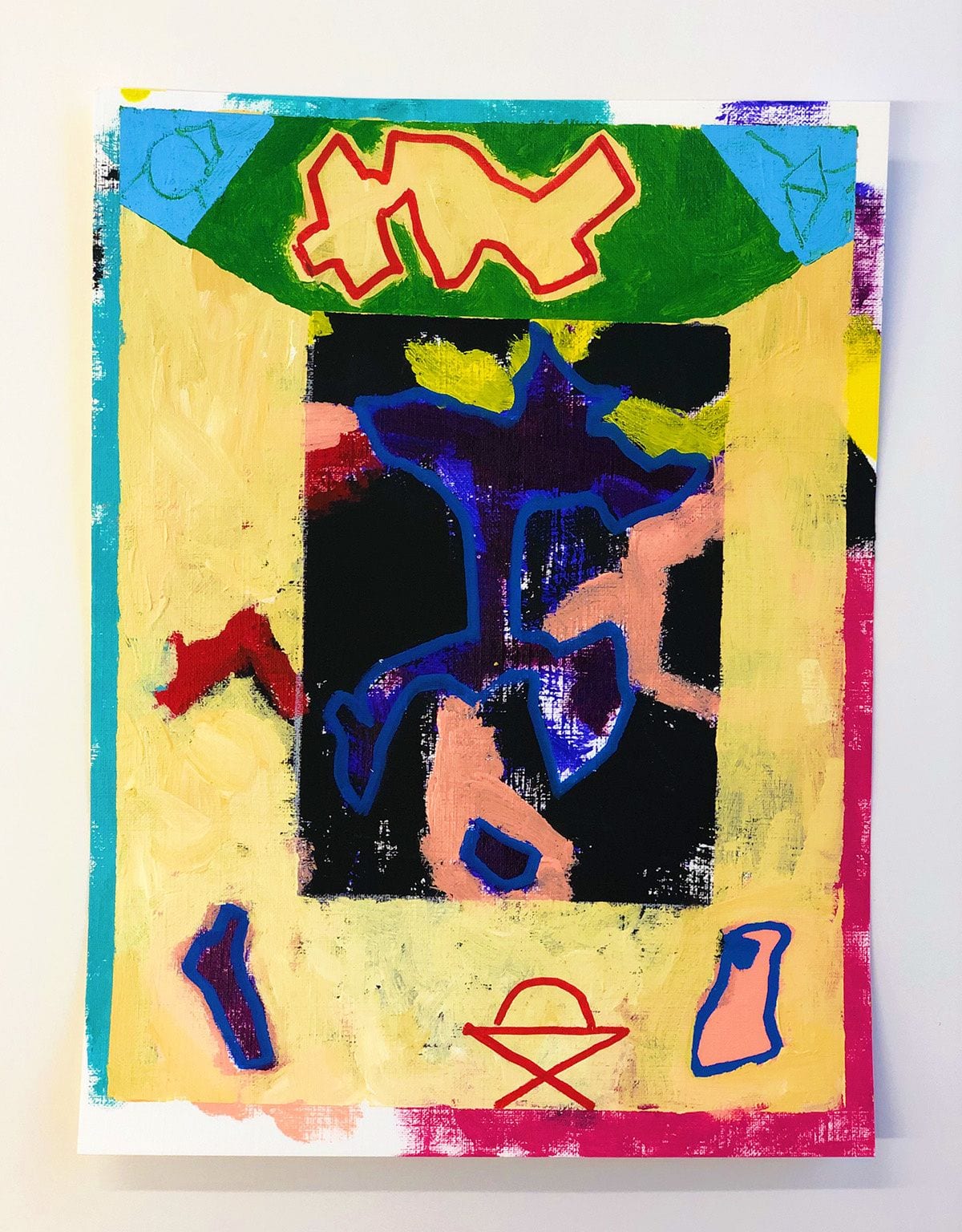

Remix, please, a consciousness, nominally mine, governed by its enthrallments, and hell-bent on squeezing cadence out of thrall. Adrienne Rich once excoriated these rags as “personal weather.” She opposed personal weather to “the great dark birds of history.” Syllables shamed by birds of history can intoxicate the ear. I, too, wonder if I can do this drag of speaking or thinking collectively, drag of not being singular, drag of shedding the rags of self.

“can I do this spiritual drag, collective agony wishful thinking,” wrote kari edwards. Here’s a segment (or “crot” as John Barth taught him to say) from “‘My’ Masculinity Remix” wherein he thinks out some anxieties about his role/function as an essayist:

Let me see if I can capture for you something of his singular, inimitable gifts. In short: I love listening to Koestenbaum think, even if only to himself. It’s not, the collection, my favorite of his books (that would be Humilation), and while I glossed over a few of the pet obsessions and more abstruse topics, I was glad for this book, for giving me over the course of a week that long-happy-afternoon feeling I mentioned above. These are essays so horny for signifying’s decay, if not writing’s total dissolution, and Koestenbaum knows language itself can do the job, the way silicone lube tends over time to eat away at silicone sex toys. Though as an essayist, he’s stuck with language and its trap of signification, much of the pleasures of the book come when he leaps about his subject in attempt to slip that trap. “My new idée fixe is asemic writing,” he writes in “Corpse Pose”-”writing that doesn’t use words or signs.” Koestenbaum’s a painter, and throughout the book fall essays that read like lists of writing prompts, or art prompts, or both, which essays urge us to let ourselves get reckless and productively aim-less with our artmaking. If that sounds like a perfect afternoon, go buy this book. Picture the brainy friend you like to accuse of overthinking things and to whom you often say, “That’s maybe a bit of a stretch” visiting you for the weekend, and it’s Sunday, their last day in town, and while you both woke up hung-over, drugs or some other remedy have eased the hangover pains enough that your friend is now talking in comfortable monologue about things you’re only partially familiar with, commenting on your art on the walls while you find another record to put on, discoursing on the aspects of his discourse that surprise him as you pay only partial attention.


 0 kommentar(er)
0 kommentar(er)
